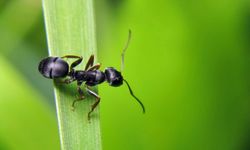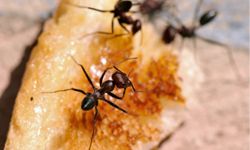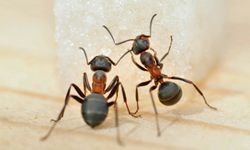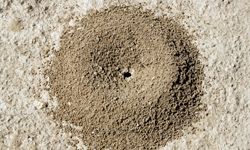Ants sure know how to ruin a good time, and picnics don't have the market cornered. There are more than 12,000 species of ants worldwide, so no matter where you live, there's a good chance you've encountered an infestation or two.
If they're in your house then you have a problem, but outdoor ant colonies are an important part of your local ecosystem and can help rid your garden of other pests. Over the next 10 pages, we'll look at some of the places you may find ants on your property.
Advertisement



